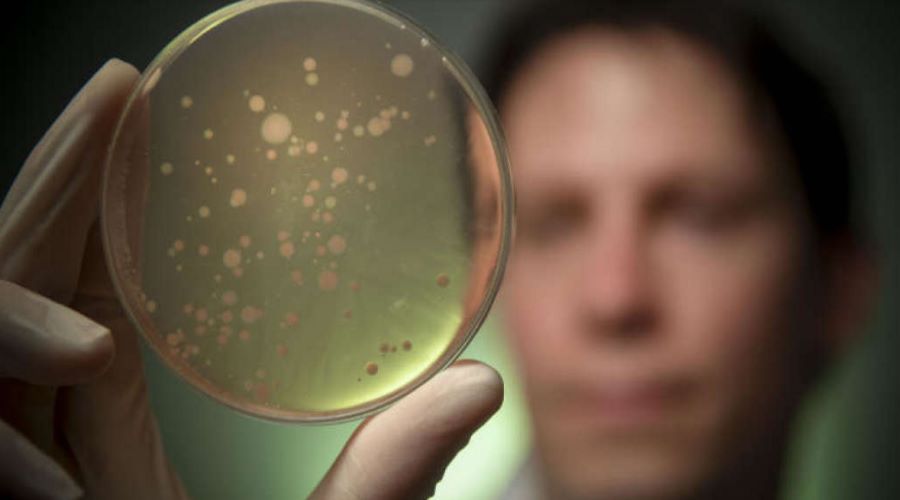More than 100 new bacteria have been discovered in the human microbiome
Scientists have succeeded in identifying more than 100 previously unknown species of bacteria living in our intestines. The new research has produced the largest and most up-to-date catalog of human gut bacteria that can help researchers around the world understand what role the microbiome plays in our bodies.
The human gut is home to billions of microbialów, whichóre form a huge ecosystem called the gut microbiome. This ecosystem is characterized by a large róIt is very diverse and is inhabited by a wide variety of speciesóin bacteria. It is known that these microorganisms are important for our health. The lack of rówbalances in the gut microbiome can contribute to complex conditionsów i rógermsób, such as syndromeół of irritable bowel or obesity.
In a new study, scientists have discovered and isolated more than 100 previously unknown species ofóin the microbialóin the human gut. Thanks to the scientists’ worków from the Wellcome Sanger Institute, the Hudson Institute of Medical Research in Australia and EMBL`s European Bioinformatics Institute have succeeded in creating a comprehensive catalog of human gut bacteria. This will help researchers around the world see how toób our microbiome keeps us healthy and what role it plays in rós disease.
The findings were published in the journal „Nature Biotechnology”.
The new data set will allow scientists to detect more accurately and quickly, whichóre bacteria are present in human intestines. It will provide róAlso the basis for developing new ways toów treatment of chorób associated with nieróThe balance of the gut microbiome.
As scientists from the Wellcome Sanger Institute point out in a communiqué published on their website, bacteria account for about 2 percent of the. body weight of the average person and it is the gut microbiome that is the mainóThe most important place where these microorganismsów. There is a róalso an important factor in human health.
There is a huge gap in our knowledge related to the microbes inhabiting our intestines. It has been partially patched up in the new study. Scientists analyzed the prób stool samples taken from 20 osób from the UK and Canada. Scientists succeeded in growing and sequencing the DNA of 737 individual strains ofóin the bacteria found in próbkach. Analysis of these isolatesów showed the presence of 273 distinct speciesów bacteria, including 173 thatórych DNA had not been sequenced until now. Sposród them 105 speciesów have never before been isolated.
– The study led to the creation of the largest and most complete public database of gut bacteria associated with human health. The gut microbiome plays an important role in health and disease, and our database will fundamentally change the wayób how scientists are studying the microbiome – said Dr. Samuel Forster, first author of the publication.
Standard methods to understand the impact of the gut microbiome on human health include DNA sequencing of próbek of gut bacteria to understand each component of the. However, a major limitation of similar studies is the lack of individually isolated bacteria and reference genomesów. A new collection ofór will make it much easier for scientists to determine whichóre bacteria found in the human intestines. It will also make it easier to study their role in disease.
– For scientistsóin próbers to find out whichóre bacterial species are present in a person’s microbiome, a database of reference genomes is neededów of pure isolatesóin intestinal bacteria. To test some hypothesis that, for example, a particular species is associated with a certain disease, a scientist can now obtain the isolate itself and physically test it in the lab – explained Dr. Rob Finn, coópublication router.
